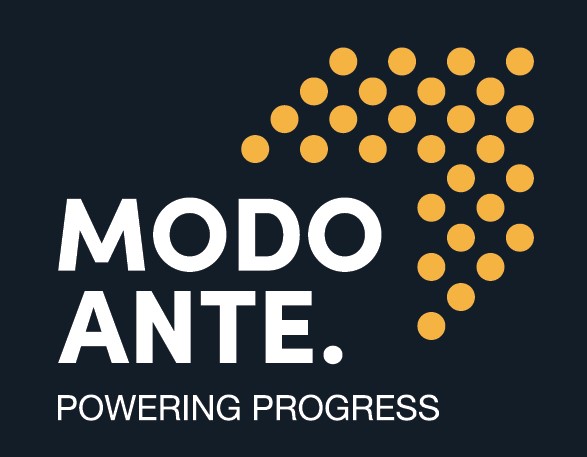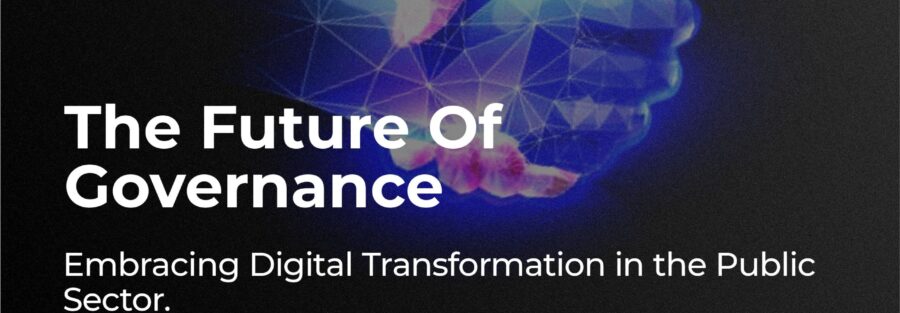In today’s rapidly evolving world, digital technology is no longer a luxury but a necessity, especially for governments striving to enhance public services, boost transparency, and engage more effectively with citizens. As pressures mount to deliver more with less, digital transformation emerges as a critical pathway for modern governance. The future of governance in Nigeria and across the globe will hinge on how well public sector organizations can integrate digital technologies to streamline operations and foster stronger connections with the public.
The Role of Digital Transformation in Governance
Digital transformation is revolutionizing the way governments operate. By adopting new technologies, public sector organizations can automate routine processes, resulting in reduced operational costs and faster service delivery. For example, e-governance platforms are transforming how citizens interact with government services, allowing for online access that eliminates the need for time-consuming physical visits to government offices.
In Estonia, over 99% of public services are available online, reducing bureaucratic delays and saving the government approximately 2% of GDP annually through efficiency gains. Similarly, Singapore’s digital government initiatives have positioned it as a global leader in e-governance, offering more than 1,600 digital services to its citizens.
Beyond convenience, digital tools are enhancing transparency and accountability in government operations. Real-time data analytics enable governments to monitor and evaluate the performance of their programs, ensuring resources are allocated effectively. In Nigeria, the adoption of the Integrated Payroll and Personnel Information System (IPPIS) has eliminated over 70,000 ghost workers, saving the government an estimated ₦180 billion annually.
However, with the digitization of government services comes an increased risk of cyber threats. As governments handle more sensitive data and critical infrastructure online, they become more attractive targets for cyberattacks. This underscores the importance of investing in robust cybersecurity measures to safeguard these digital systems. Globally, the cost of cybercrime is expected to reach $10.5 trillion annually by 2025, making cybersecurity a top priority for governments.
Challenges to Digital Transformation in the Public Sector
Despite its clear advantages, digital transformation in the public sector faces significant challenges. One of the most formidable obstacles is resistance to change. Many government organizations are deeply entrenched in traditional practices, and shifting to new ways of working requires strong leadership and a clear vision. Overcoming this resistance is crucial for realizing the benefits of digital transformation, which include better service delivery and enhanced efficiency.
Financial constraints also pose a significant challenge. Implementing digital solutions often demands substantial upfront investments in technology, infrastructure, and training. For many governments, particularly in developing regions, finding the budget for digital transformation can be difficult. In Nigeria, where competing priorities like healthcare and education often dominate budgetary considerations, this challenge is particularly pronounced.
Moreover, the skills gap within the public sector cannot be overlooked. The successful adoption of digital technologies requires a workforce with the necessary technical expertise, which is often lacking. To address this, governments need to invest in training and capacity-building programs. Collaborations with the private sector and educational institutions can help bridge this gap by developing the required skills.
The Impact on Citizen Engagement
One of the most promising aspects of digital governance is its potential to transform citizen engagement. Digital platforms provide new avenues for governments to communicate with citizens, gather feedback, and involve them in the decision-making process. This not only enhances transparency but also makes governance more inclusive and participatory.
For instance, social media has become a powerful tool for governments to disseminate information and engage with the public in real-time. In Lagos State, the use of social media by government agencies has improved public communication and responsiveness, particularly during emergencies. Online surveys and digital town halls also allow citizens to voice their opinions and contribute to policy-making, fostering a more responsive and accountable government.
Additionally, digital tools can ensure that marginalized communities are not left behind. Mobile apps and online platforms make government services more accessible, especially in remote or underserved areas. In Nigeria, the expansion of mobile internet access has brought over 33.3 million people online, many of whom now have improved access to government services.
How Modo Ante Can Help
At Modo Ante, we recognize the transformative power of digital technology in governance and are committed to helping governments at all levels navigate this complex but rewarding journey. Our expertise in digital transformation, governance, and public sector reform makes us the ideal partner for governments seeking to enhance their service delivery and citizen engagement.
- Strategic Planning and Implementation: Modo Ante works with public sector organizations to develop and implement comprehensive digital transformation strategies. We provide end-to-end support, from initial planning to full-scale implementation, ensuring that digital initiatives are aligned with organizational goals and deliver measurable results.
- Capacity Building: We offer targeted training programs designed to equip government officials with the skills and knowledge necessary to manage digital transformation effectively. Our programs focus on key areas such as cybersecurity, data analytics, and change management, ensuring that public sector employees are well-prepared for the digital future.
- Technology Integration: Modo Ante specializes in integrating cutting-edge technologies into government operations. Whether it’s deploying e-governance platforms, automating routine processes, or enhancing cybersecurity, we provide tailored solutions that meet the unique needs of our clients.
- Citizen Engagement Solutions: We help governments leverage digital tools to improve citizen engagement. From designing user-friendly websites to implementing social media strategies, Modo Ante ensures that public sector organizations can effectively communicate with and respond to their citizens.
Conclusion
As we move further into the digital age, the future of governance will increasingly depend on how well governments can embrace digital transformation. By integrating digital technologies into their operations, public sector organizations can deliver services more efficiently, enhance transparency, and engage more effectively with citizens. However, this transformation requires not just investment in technology but also strong leadership, a strategic approach, and a commitment to building the skills of the public sector workforce.
At Modo Ante, we are ready to partner with governments to help them navigate the challenges of digital transformation and unlock the full potential of digital governance. The rewards are clear: a governance system that is more efficient, accountable, and responsive to the needs of its citizens, laying the foundation for a more prosperous and inclusive future.



